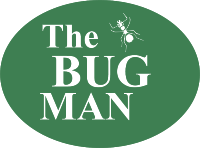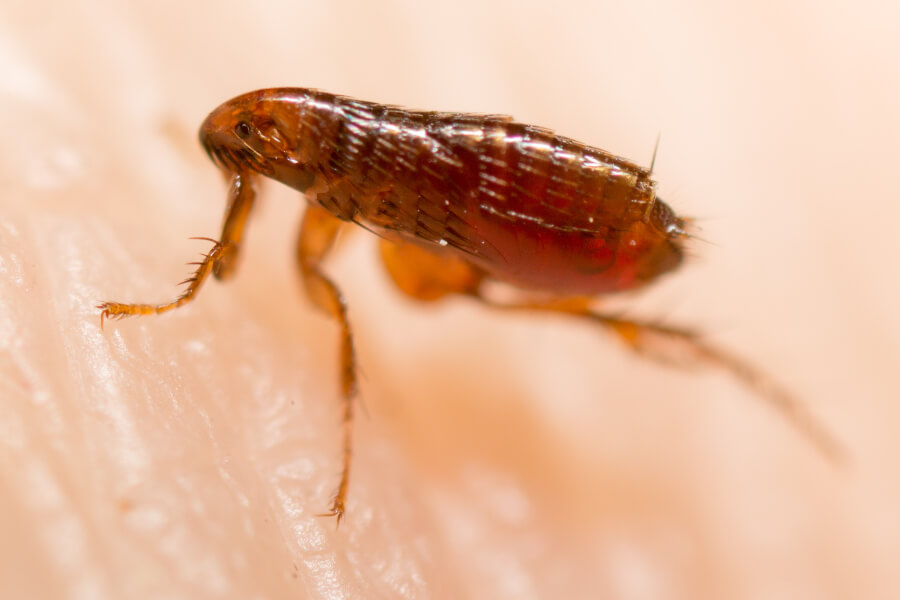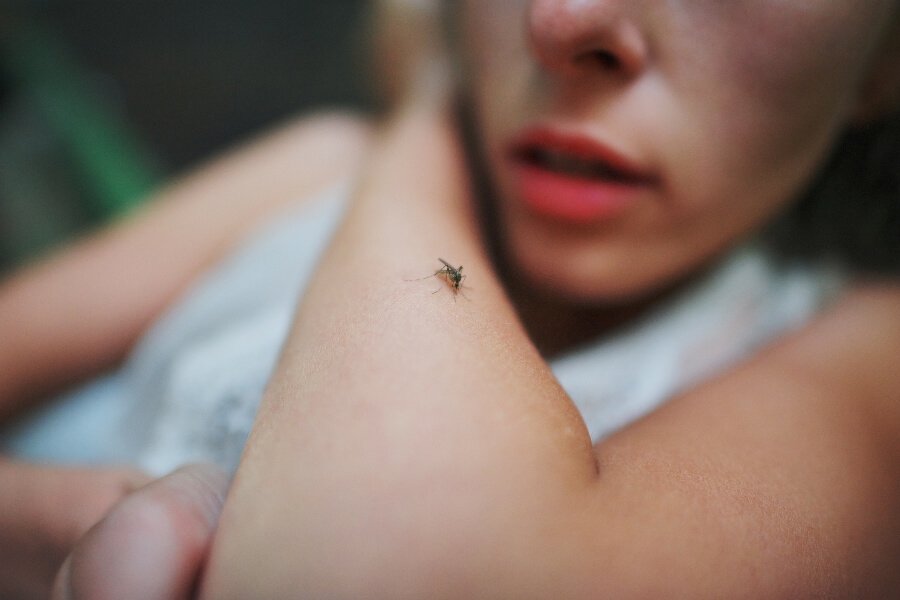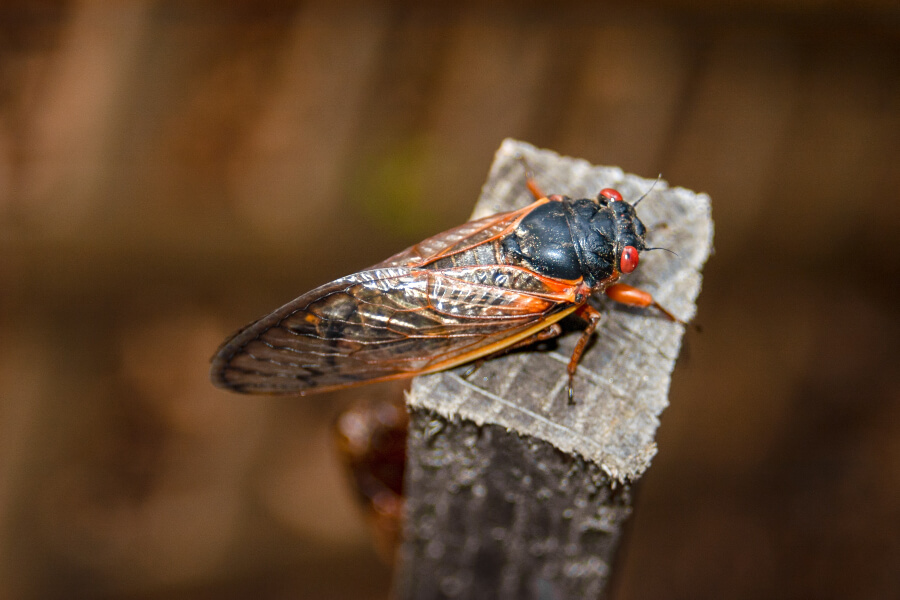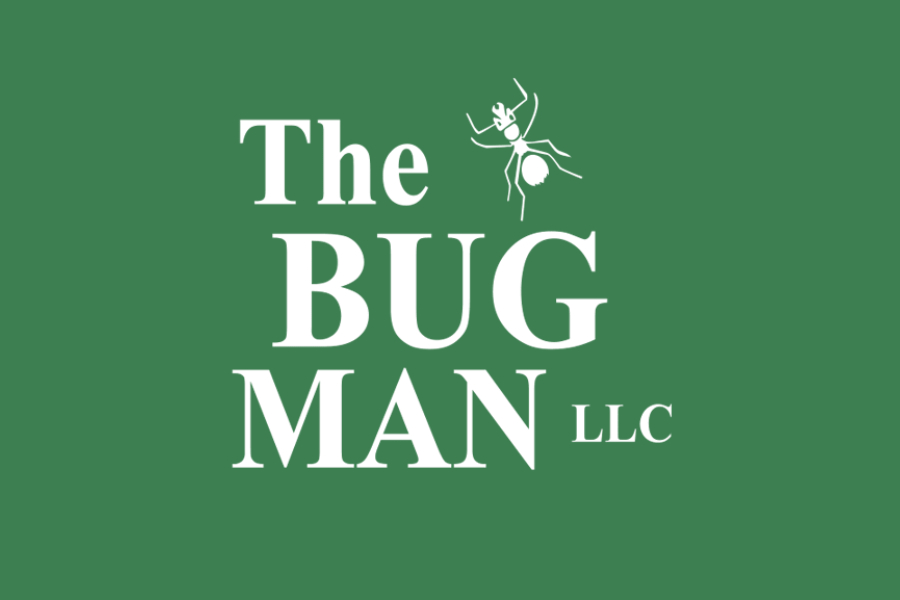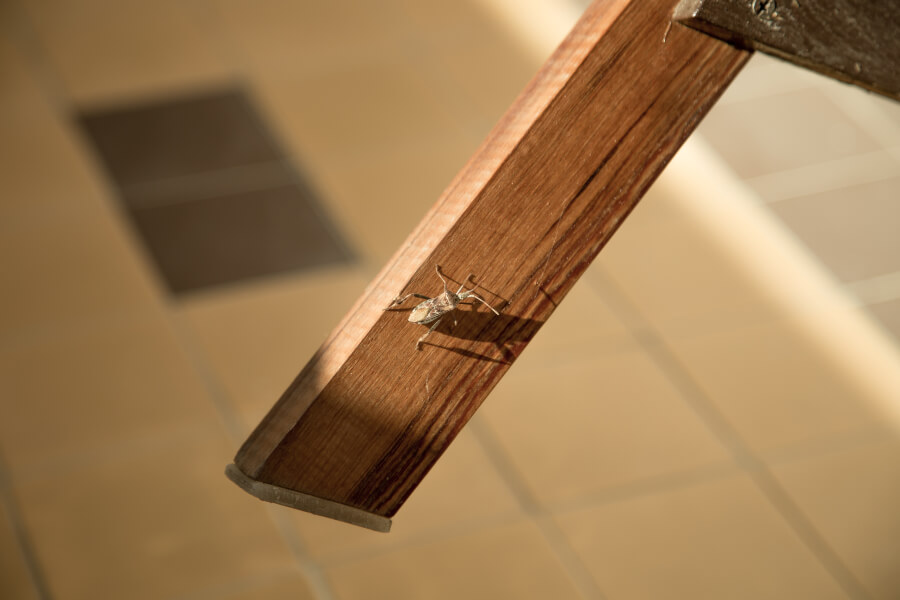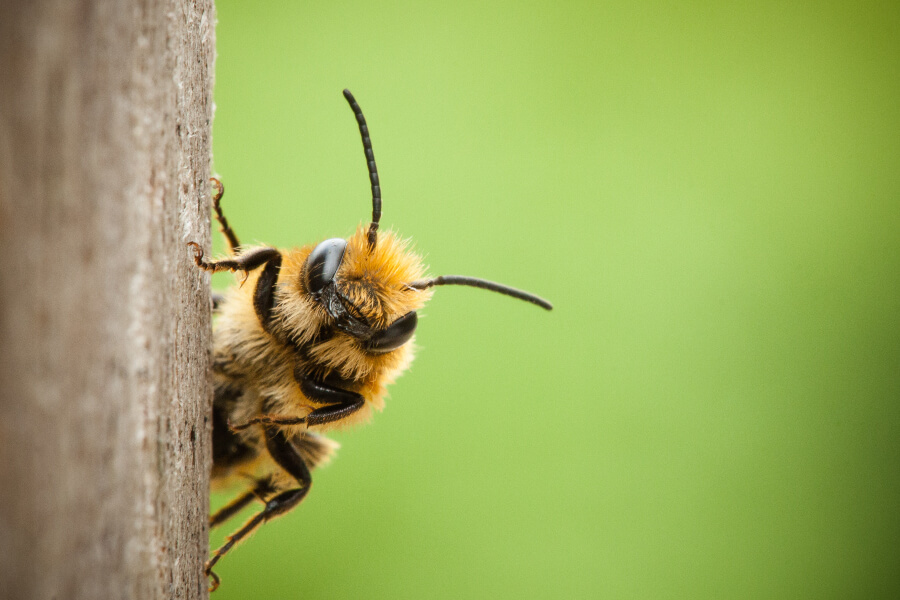Find freedom from frustrating fleas with these few flea facts! When it comes to pests, fleas are beasts! Small, but mighty, those minuscule monsters can really create chaos in your home.
A Few Flea Facts
- Like a butterfly or moth, fleas go through a complete life cycle (egg, larva, pupa, adult)
- Only adult fleas bite
- Some fleas can stay in the pupa stage for up to six months; other fleas can hatch in a few days if the conditions are right
- The vibration caused by humans and animals walking or vacuuming can cause adult fleas to instantly hatch
Finding Freedom from Fleas
If you suspect that you have fleas, identify the source of the problem. This especially applies to pets. If your pet dog or cat has fleas, take steps to treat the fleas on them. Then, vacuum, vacuum, vacuum. Pay particular attention to vacuum the spots where your pet commonly hangs out. i.e. A sunny spot next to the window, under the dining room table, next to the laundry basket. Dispose of the vacuum bag properly to ensure that the fleas don’t infest your vacuum cleaner.
Call a professional pest management company. Hey, that’s us! We can help you identify the source of the flea problem and work with you to eliminate those pests from your home.
If you have a flea treatment done in your home, here are a few important things to remember:
- Make arrangements to be gone for 2-4 hours so the flea treatment has enough time to dry. Both your family and your pets need to be gone during the treatment.
- Clean your floor. Pick up everything, even under the bed and in your closets. This includes pet dishes. After everything is picked up, vacuum-like you have never vacuumed before.
- It’s time to move the furniture…so that you can vacuum underneath it. Who knows what treasures you may find! Or what stash of coins may fall out.
- Fold over the blankets on your bed and/or couch so they are well away from the floor.
- Tie window curtains or drapes to make it easier for the technician to treat your floor
- Save the fish! Cover your fish tanks and turn off the air supply to the tank during the treatment.
Once the flea treatment has dried and you are back in your home, continue on in your quest to be a professional vacuumer. Because of the vibrations of you and your vacuum, the remaining pupa will hatch into adults. You want the eggs to hatch so that the product in your newly-treated carpet kills them. Once you have become the vacuum master, find others (*coughyourkidsoryourfriendscough*) who you can train to follow you in your Jedi vacuum ways. If you’re feeling frisky, perhaps you can train them to do chores too.
